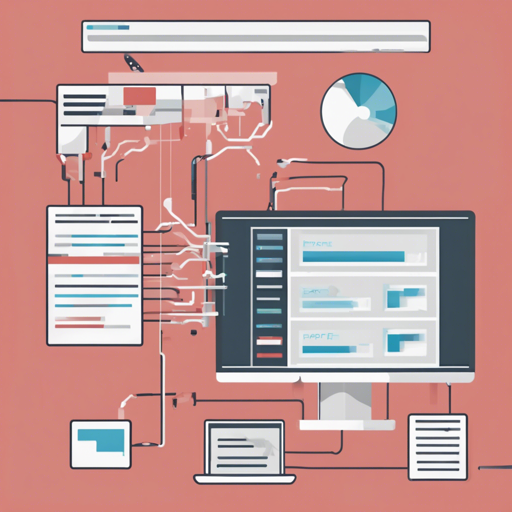If you’re looking to incorporate the PDF-Extract-Kit model into your projects, you’ve landed in the right place! This guide will walk you through the installation process for Git Large File Storage and how to download the model from both Hugging Face and ModelScope.
Step 1: Installing Git LFS
Before diving into model downloads, ensure that you have Git Large File Storage (Git LFS) installed on your system. Think of Git LFS as a specialized storage room for large files that Git can manage more efficiently.
- Open your terminal or command prompt.
- Run the following command:
git lfs installStep 2: Downloading the Model from Hugging Face
Now that Git LFS is installed, you can download the PDF-Extract-Kit model from Hugging Face. This can be likened to taking a book from a library shelf—except this shelf stores magical models!
- To clone the model repository, use the following command:
git lfs clone https://huggingface.co/wanderkid/PDF-Extract-KitBe sure that Git LFS is enabled during this process to ensure that all large files are correctly downloaded.
Step 3: Downloading the Model from ModelScope
You have two options for downloading the model from ModelScope: using the SDK or directly with Git. Let’s explore both routes!
Using the SDK Download
- First, install the ModelScope library by running:
pip install modelscopefrom modelscope import snapshot_download
model_dir = snapshot_download('wanderkid/PDF-Extract-Kit')Using Git Download
If you prefer the good old Git method, you can clone the model repository directly:
git clone https://www.modelscope.cn/wanderkid/PDF-Extract-Kit.gitUnderstanding the Directory Structure
Once you’ve successfully downloaded the model, here’s what the directory structure should look like:
./
├── Layout
│ ├── config.json
│ └── model_final.pth
├── MFD
│ └── weights.pt
├── MFR
│ └── UniMERNet
│ ├── config.json
│ ├── preprocessor_config.json
│ ├── pytorch_model.bin
│ ├── README.md
│ ├── tokenizer_config.json
│ └── tokenizer.json
├── TabRec
│ └── StructEqTable
│ ├── config.json
│ ├── generation_config.json
│ ├── model.safetensors
│ ├── preprocessor_config.json
│ ├── special_tokens_map.json
│ ├── spiece.model
│ ├── tokenizer_config.json
│ └── tokenizer.json
└── README.mdTroubleshooting Tips
If you run into issues during installation or modeling, consider these troubleshooting tips:
- Ensure that your Git version is compatible with Git LFS. Older versions may not support it.
- Check your internet connection. A slow connection can lead to incomplete downloads.
- When downloading from Hugging Face or ModelScope, verify that you’ve run the commands in a terminal with the necessary permissions.
For more insights, updates, or to collaborate on AI development projects, stay connected with fxis.ai.
Final Thoughts
At fxis.ai, we believe that such advancements are crucial for the future of AI, as they enable more comprehensive and effective solutions. Our team is continually exploring new methodologies to push the envelope in artificial intelligence, ensuring that our clients benefit from the latest technological innovations.

